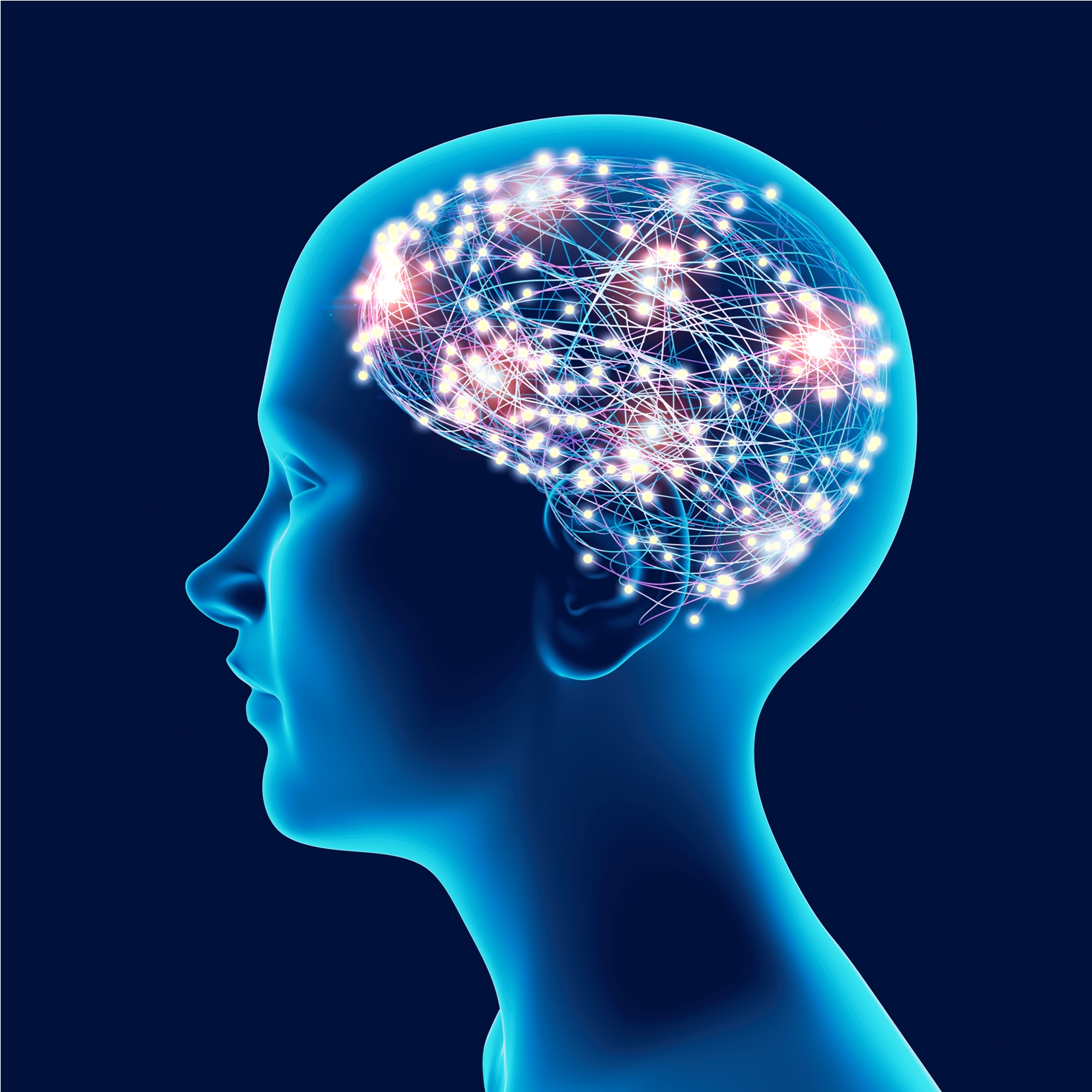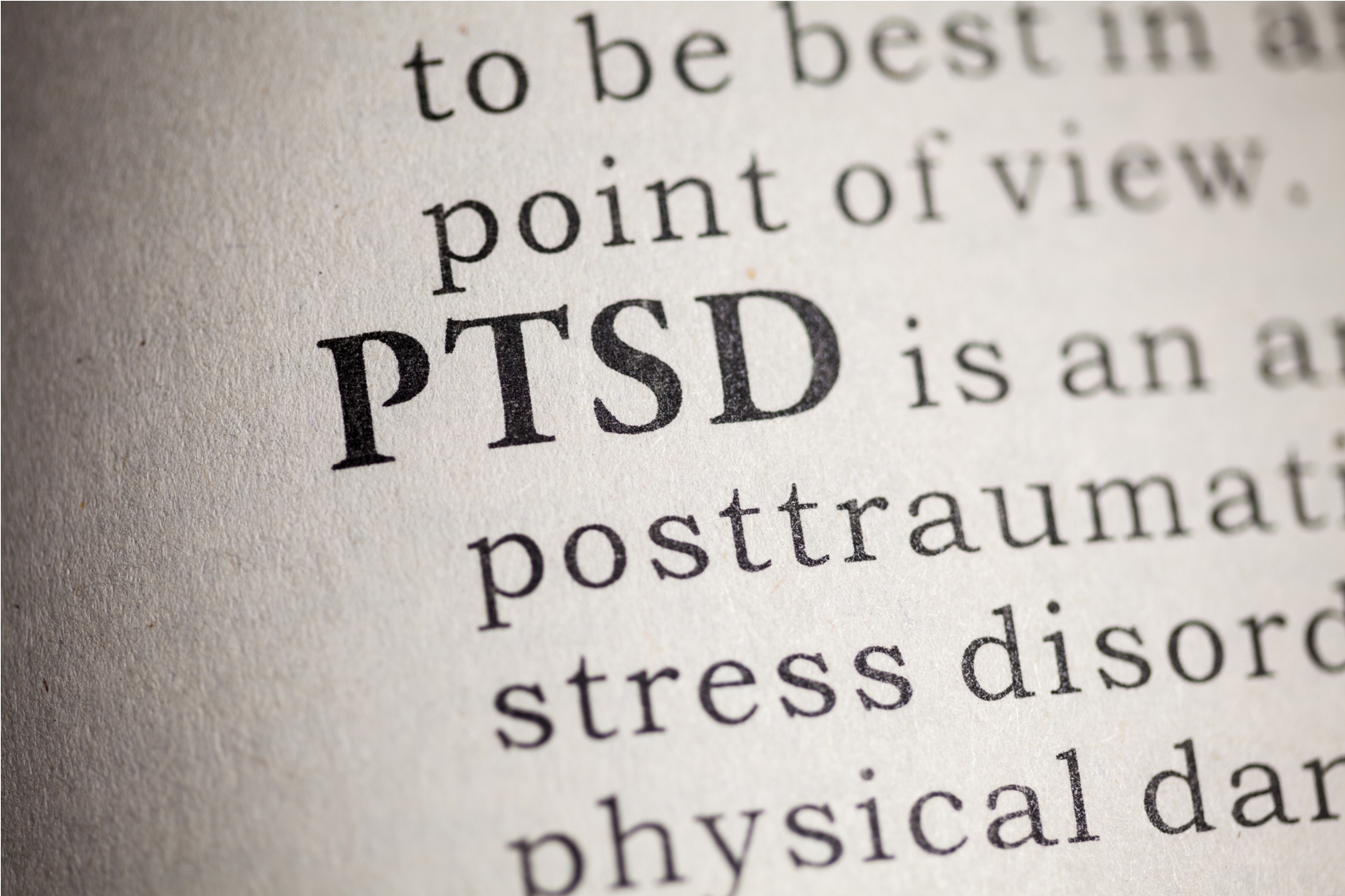With approximately 6 million children in the United States diagnosed with Attention Deficit Hyperactivity Disorder (ADHD), this common childhood neurodevelopmental disorder affects many families. If you have a child with ADHD, or you have ADHD as an adult, you know that it’s a complex diagnosis that may affect many different aspects of your behavior, daily life, organizational skills, and emotional well-being.
Here at Bespoke Treatment in Santa Monica, California, our experienced team of physicians and psychiatrists take an integrative, holistic approach to treating ADHD. As an alternative to pharmaceuticals, we offer scientifically proven treatments like neurofeedback. If you’re wondering how neurofeedback can help treat ADHD, read on to learn about this drug-free therapy.
Neurofeedback therapy is non medicated and noninvasive
The most popular treatments for people with ADHD often include medication, psychotherapy, and lifestyle changes. However, most ADHD medications come with a host of undesirable side effects, and don’t work for everyone.
Neurofeedback therapy is noninvasive and there’s no medication involved, so there is little risk of adverse side effects. Instead of using drugs to change a person’s behavior, neurofeedback helps to change your brain to help you accommodate for ADHD deficits.
Neurofeedback uses real-time electroencephalograph (EEG) data to measure brain waves in electrical signals. An EEG can measure five types of brain waves: alpha, beta, gama, delta, and theta.
Research suggests that children and adults with ADHD may have more theta waves and fewer beta waves than people without ADHD. Essentially, if you have ADHD, you may have an imbalance of brain waves.
Neurofeedback therapy helps increase your brain’s capacity for beta waves — the ones associated with information processing and problem solving. When you have too many theta waves and not enough beta waves, it’s often harder to finish your work and stay organized, and you may become easily distracted.
It’s the goal of neurofeedback therapy to help patients train their brains to improve focus and have better impulse control — two issues associated with ADHD.
How neurofeedback therapy works
During neurofeedback training sessions, your provider attaches electrodes to your head to measure brain activity. The electrodes don’t hurt, and they don’t deliver any type of electrical current. They simply measure your brain activity and the various types of brain waves.
You may be asked to perform specific tasks while your brain waves are being recorded, or you might listen to certain sounds or music. As your brain responds to different stimuli, the feedback from the EEG tells your doctor how your brain changes during activities or in response to the tasks, sounds, and visuals.
Over time, with a series of neurofeedback sessions, your brain adjusts, or compensates for the imbalances in different types of brain waves, and you may experience improvements in your ability to pay attention, feel less impulsive, and have less instances of hyperactivity.
IASIS Micro Current Neurofeedback
We also offer IASIS Micro Current Neurofeedback (MCN), an advanced technology that often delivers results after just a few sessions. MCN is different from traditional neurofeedback in that it produces a measurable change in your brainwaves without conscious effort on your part.
In other words, you simply sit back during your IASIS Micro Current Neurofeedback session and let your brain and nervous system regulate itself. Many people observe a noticeable positive difference after just 1-3 MCN sessions, and changes are long-lasting.
Therapy plus neurofeedback may be the key for improvement
During neurofeedback training sessions, you work together with your therapist to recognize when your brain is operating at an optimal level. Then, you repeat behaviors until they become second nature. The desired result is a stronger attention level, an engaged brain, and an overall reduction in ADHD symptoms.
Neurofeedback therapy may be a viable ADHD treatment for you or your child, especially when medications have failed to improve the condition or negative side effects outweigh the positive behavioral changes. Additionally, if you simply don’t want to medicate yourself or your child for ADHD, and would like a more holistic, natural approach, neurofeedback therapy may offer hope.
The compassionate team at Bespoke Treatment takes a personalized approach to treating people with ADHD. They work closely with you to determine the best type of treatment using the latest, scientifically-based technologies.
If you’d like to learn more about neurofeedback for ADHD, give us a call to schedule an appointment.

















